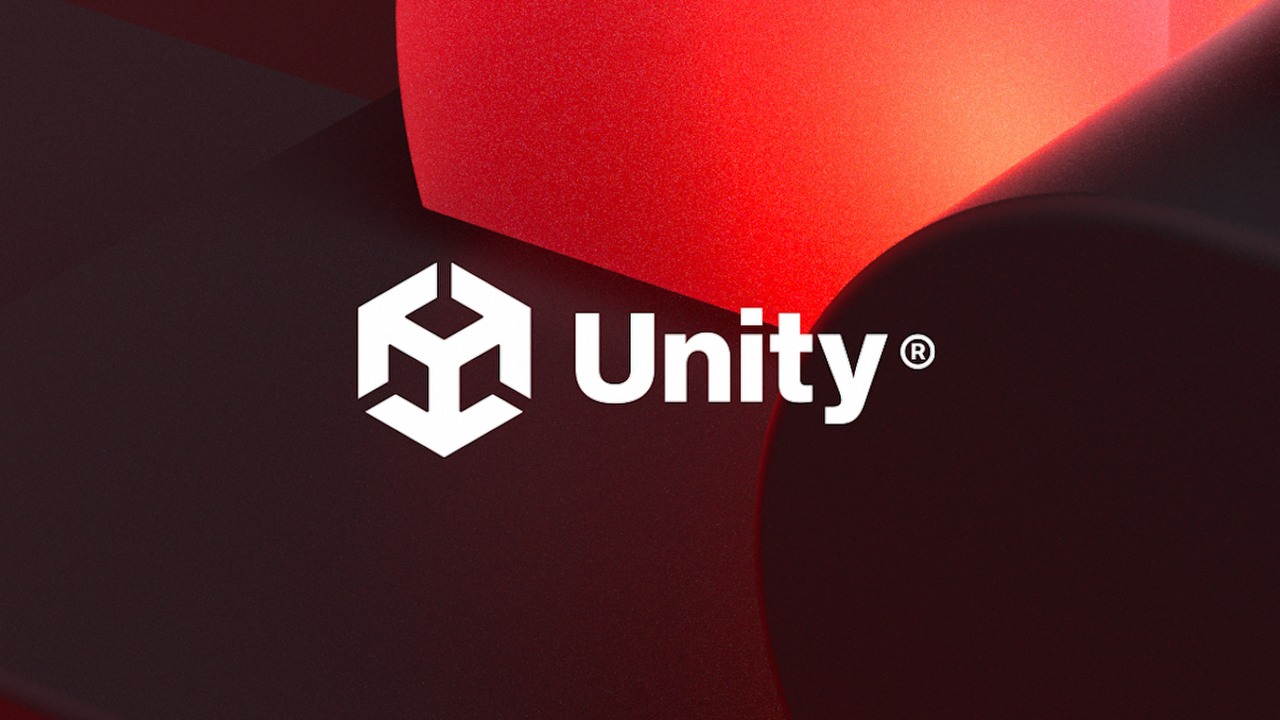Unity is Preparing for Worse Times; Big Savings and Layoffs Planned
It is possible that Unity will soon announce numerous layoffs as part of large-scale cost-saving measures. The company is bracing for worse times despite good financial results.

Unity's recently published financial report for the third quarter of the current fiscal year (ended on Sept. 30), shows that the technology company generated revenues of $544 million, a 69 percent increase over the previous year. At the same time, the company recorded a $125 million loss (in 2022 the loss was $250 million).
Revenues of Create Solutions, the division responsible for the Unity engine, remained flat ($189 million year-on-year), while the number of core subscriptions increased by 19 percent in the third quarter.
Still, Unity is not entirely satisfied with its situation, which is certainly influenced by recent events surrounding the company. As a result, it has announced strong savings.
"Three sectors negatively affected growth in the quarter: Unity Game Services (UGS), China and Professional Services. UGS posted a record third quarter last year in terms of new game launches, China's revenue declined due to continued government restrictions on games, and we continue to reduce our reliance on professional services," the report said (via GamesIndustry.biz).
In order to improve profitability, company is considering implementation of various countermeasures, including possible layoffs. In addition, Unity will analyze its own offerings "to focus on the products that are most valuable to customers" and "assess the appropriate cost structure that is in line with a more focused portfolio."
The restructuring is expected to be carried out before the end of the first quarter of 2024, and "will likely include discontinuing certain products, reducing the workforce and reducing office space." (via The Verge).
Road to crisis
For those who haven't been following the "drama" around Unity, we remind that all the fuss started when the company announced new terms of use for the engine it created.
The most controversial was a provision stating that for titles with revenues in excess of $200,000, developers would have to pay 20 cents to Unity for each game installation (including multiple ones performed by a single user with a single copy of the game).
The company's new policy was met with considerable opposition not only from developers (especially those creating free-to-play productions, which often bring little profits, but are installed by millions of players), but also from gamers themselves, who spared no online criticism of Unity.
Although the company eventually caved in under pressure from the community and introduced amendments to the contract for the use of Unity technology, the damage was done. The company in a very short time became the black sheep of the industry, and the company's head John Riccitiello paid for it, resigning a month ago.
- New McDonald's Christmas AI ad is causing a stir. “It's the most terrible time of the year”
- GTA 6 devs have a growing problem. Concerns that Rockstar Games is failing to comply with labor laws are becoming more serious and „deeply troubling”
- It's official, Gainax, the studio behind Neon Genesis Evangelion, has ceased to exist after over 40 years in the anime industry
0

Author: Kamil Kleszyk
At Gamepressure.com deals with various jobs. So you can expect from him both news about the farming simulator and a text about the impact of Johnny Depp's trial on the future of Pirates of the Caribbean. Introvert by vocation. Since childhood, he felt a closer connection to humanities than to exact sciences. When after years of learning came a time of stagnation, he preferred to call it his "search for a life purpose." In the end, he decided to fight for a better future, which led him to the place where he is today.
Latest News
- End of remote work and 60 hours a week. Demo of Naughty Dog's new game was born amid a crunch atmosphere
- She's the new Lara Croft, but she still lives in fear. Trauma after Perfect Dark changed the actress' approach to the industry
- „A lot has become lost in translation.” Swen Vincke suggests that the scandal surrounding Divinity is a big misunderstanding
- Stuck in development limbo for years, ARK 2 is now planned for 2028
- Few people know about it, but it's an RPG mixing Dark Souls and NieR that has received excellent reviews on Steam, and its first DLC will be released soon

